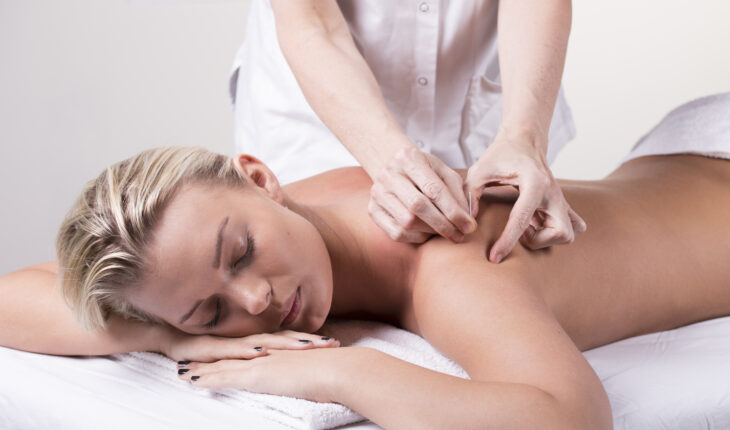When tossing and turning become the norm, it’s time to explore alternatives that could potentially aid in better rest. In the realm of sleep, there are therapies that go beyond conventional medicine, offering a different approach to the pursuit of peaceful slumber. Among these are acupuncture, aromatherapy, and herbal remedies, each offering unique pathways toward improved sleep quality.
Acupuncture
Acupuncture, a pillar of traditional Chinese medicine, might not be the first solution that comes to mind when sleep is elusive. However, its efficacy in promoting better sleep is backed by a wealth of anecdotal evidence and a growing body of scientific research. Acupuncture works by the insertion of fine needles into designated points on the body. This action is believed to correct imbalances in the flow of energy, or ‘Qi,’ throughout the body. In terms of sleep, acupuncture is suggested to stimulate the nervous system, activating neurochemical messenger molecules that influence sleep regulation. Clinical studies have shown that acupuncture can affect the production of neurotransmitters like melatonin and serotonin, both integral to healthy sleep cycles. By potentially balancing these neurotransmitters, acupuncture offers a promising pathway toward improved sleep quality.
Aromatherapy
Aromatherapy taps into the power of scent, using essential oils derived from plants to induce various beneficial effects, including sleep improvement. The practice involves diffusing essential oils such as lavender or chamomile, each providing specific benefits, into the surrounding air. Lavender, for instance, has a well-documented relaxing effect, proven to reduce anxiety and promote better sleep. Chamomile, on the other hand, offers calming properties, making it a popular choice for those struggling with sleep. Aromatherapy can also help relieve your anxiety, which could be causing poor quality sleep. By integrating aromatherapy into your nighttime routine, you are creating a soothing atmosphere conducive to restful sleep.
Herbal Remedies
For thousands of years, cultures worldwide have turned to herbal remedies to aid sleep. Among the most commonly used sleep-inducing herbs are chamomile, valerian root, and passionflower. Chamomile is packed with the compound apigenin that binds to specific brain receptors, facilitating sleep initiation. Valerian root increases gamma-aminobutyric acid (GABA), a chemical linked to mood and sleep. Similarly, passionflower also boosts GABA levels, promoting relaxation, thereby improving sleep. These herbal remedies can be taken in various forms, including teas, capsules, or tinctures. While they are natural, it’s important to consult with a healthcare professional before incorporating new herbal remedies into your routine due to potential side effects or interactions with other medications.
Sleep, integral to our overall health and well-being, shouldn’t be elusive. Alternative therapies such as acupuncture, aromatherapy, and herbal remedies offer a holistic approach to tackling sleep challenges. While these therapies promise potential benefits, it’s essential to seek advice from healthcare professionals before making any significant changes to your health regimen. The path to better sleep might be less conventional than you think, but it could lead to the restful nights you crave.
Did You Enjoy Reading This Article? Here’s More to Read: The Negative Health Effects of Bad Posture




